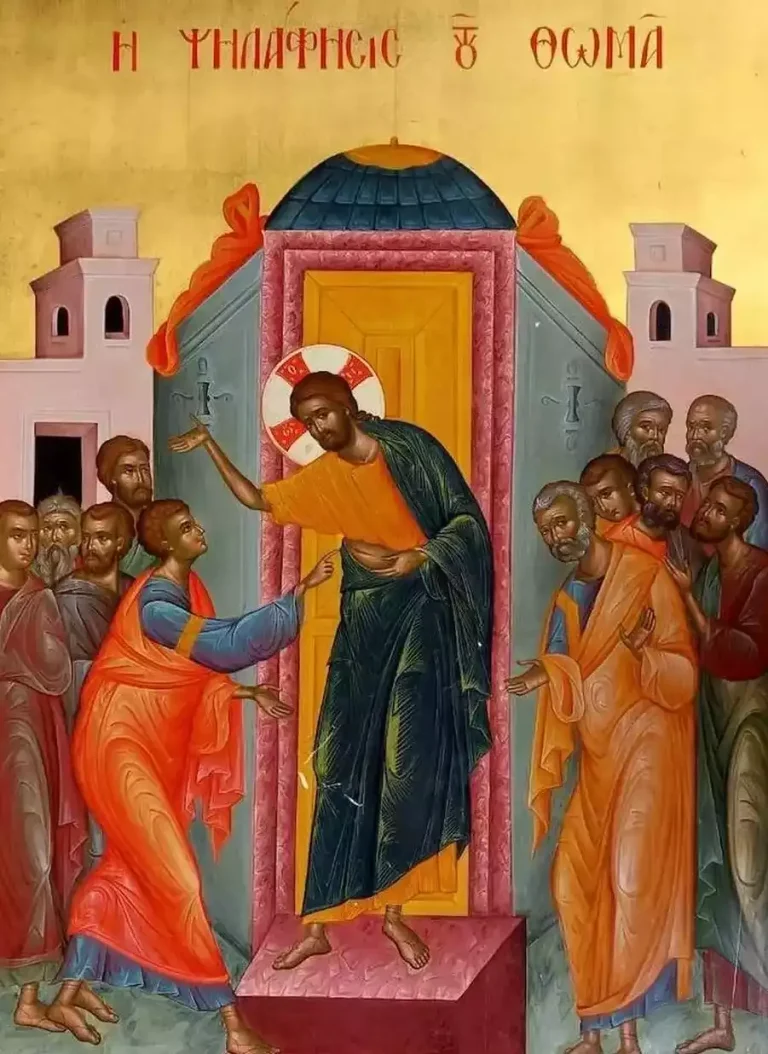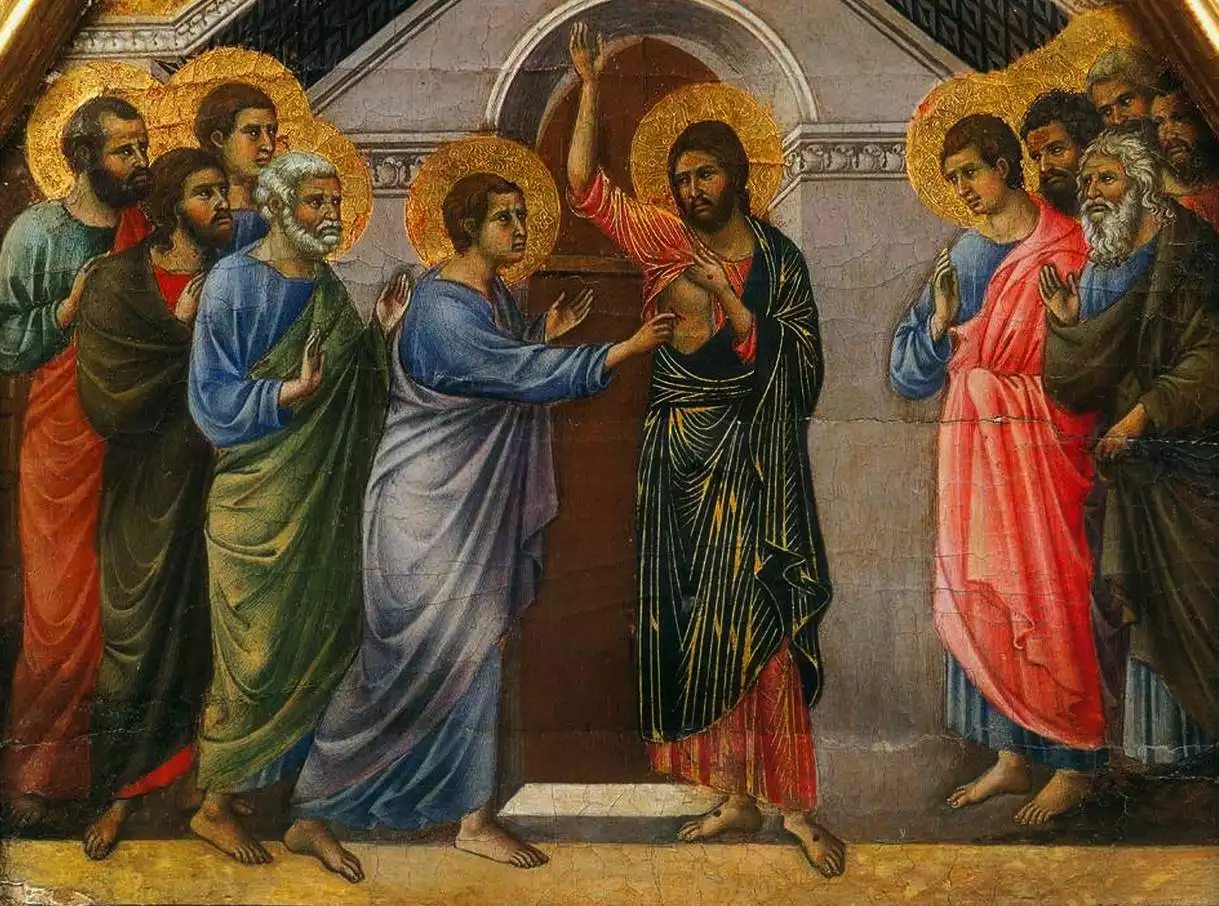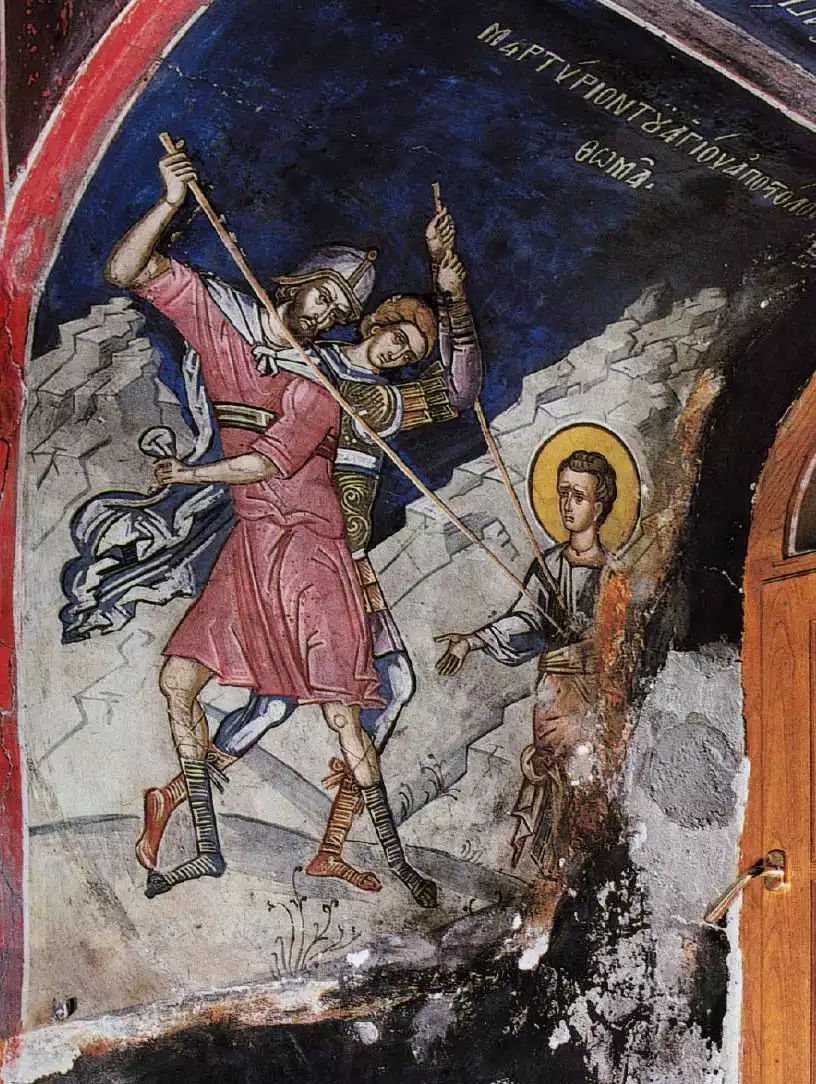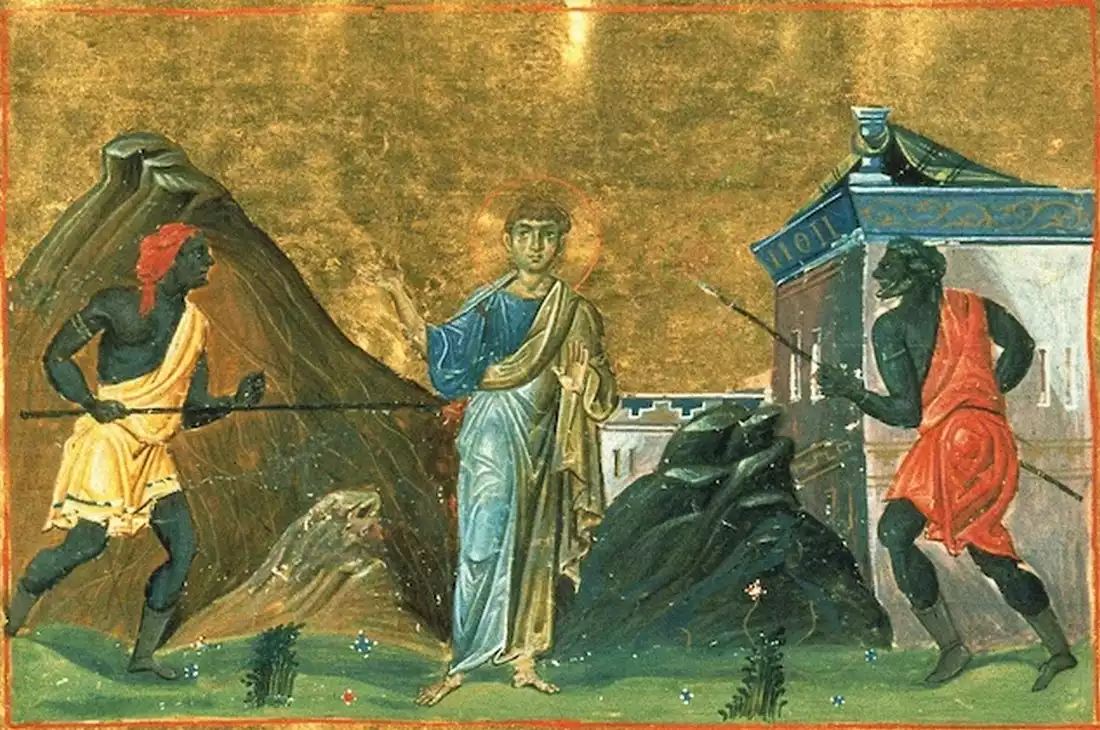
Thomas Apostle, also known as Didymus, remains an enigmatic yet pivotal figure in early Christian theology and history. His life, woven into the fabric of Christian narrative, spans the first century A.D., though precise dates of birth and death remain elusive. Thomas is best remembered for his skepticism upon hearing of Jesus Christ’s resurrection, a moment encapsulated in the phrase “Doubting Thomas.” This moniker, however, scarcely does justice to the depth and complexity of his character and contributions.
The Life and Ministry of Thomas Apostle
Thomas Apostle’s journey through the annals of Christian history begins with his role as one of the twelve apostles of Jesus Christ. Scriptural accounts, primarily in the New Testament, shed light on his personality and actions. Thomas emerges as a figure of profound faith, yet one marked by a need for tangible proof, as evidenced in the Gospel of John (20:24-29). This incident, where Thomas insists on seeing Jesus’ wounds post-resurrection to believe, has left an indelible mark on his legacy.
Beyond this defining moment, Thomas Apostle’s contributions to early Christianity are significant yet often underappreciated. Tradition holds that he traveled far, possibly as far as India, spreading the Christian faith. The establishment of Christian communities in these regions, attributed to his missionary work, underscores his dedication and zeal. These endeavors highlight a facet of Thomas often overshadowed by his moment of doubt: his unwavering commitment to the spread of Jesus’ teachings.
Thomas Apostle’s impact extends beyond his immediate actions. He serves as a relatable figure in Christian theology, embodying the human struggle between faith and doubt. His story resonates with many who seek tangible evidence in their spiritual journey. Thus, Thomas Apostle’s legacy is twofold: his missionary endeavors and his representation of the quest for faith in the face of uncertainty.

The Theological Significance of Thomas Apostle
Thomas Apostle’s theological significance in Christian doctrine extends far beyond his initial skepticism. His eventual proclamation upon seeing the resurrected Christ, “My Lord and my God!” (John 20:28), is among the most profound declarations of faith in the New Testament. This moment not only marks Thomas’s personal transformation but also offers a pivotal insight into early Christian understanding of Jesus’ divine nature.
The legacy of Thomas Apostle in Christian spirituality is multifaceted. He is often viewed as a bridge between doubt and faith, providing a narrative that many modern Christians find deeply relatable. His story encourages believers to embrace their questions and doubts as part of their faith journey, emphasizing that faith, though challenged, can emerge stronger. Additionally, Thomas’s life exemplifies the transformative power of personal encounter with the divine, a cornerstone of Christian experiential belief.
In ecclesiastical tradition, Thomas is also revered for his attributed authorship of the “Gospel of Thomas.” Although not included in the canonical Bible, this text offers unique perspectives on Jesus’ teachings and early Christian thought. The gospel’s emphasis on direct knowledge of God and the inner spiritual journey has intrigued scholars and spiritual seekers alike, contributing significantly to the understanding of early Christian diversity.

In conclusion, Thomas Apostle stands as a figure of profound significance in Christian history and theology. His journey from doubt to faith encapsulates the human spiritual experience, making his story timeless and universally relevant. As both a missionary and a theological figure, Thomas’s impact on the development and spread of Christianity is undeniable, leaving a legacy that continues to inspire and challenge believers across the ages.
Feast Day: October 6
References
- Ehrman, Bart D. “Lost Scriptures: Books that Did Not Make It into the New Testament.” Oxford University Press, 2003.
- JSTOR. Accessed 30 December 2023.
- Perkins, Pheme. “Reading the New Testament: An Introduction.” Paulist Press, 1988.
- Skinner, John. “The Gospel of Thomas: Insights and Perspectives.” Cambridge University Press, 2014.
- Tuckett, Christopher. “Thomas and the Gospels: The Case for Thomas’s Familiarity with the Synoptics.” Eerdmans, 2012.
- Valantasis, Richard. “The Gospel of Thomas.” Routledge, 1997.
- Digital Commons at Illinois Wesleyan University. Accessed 30 December 2023.

